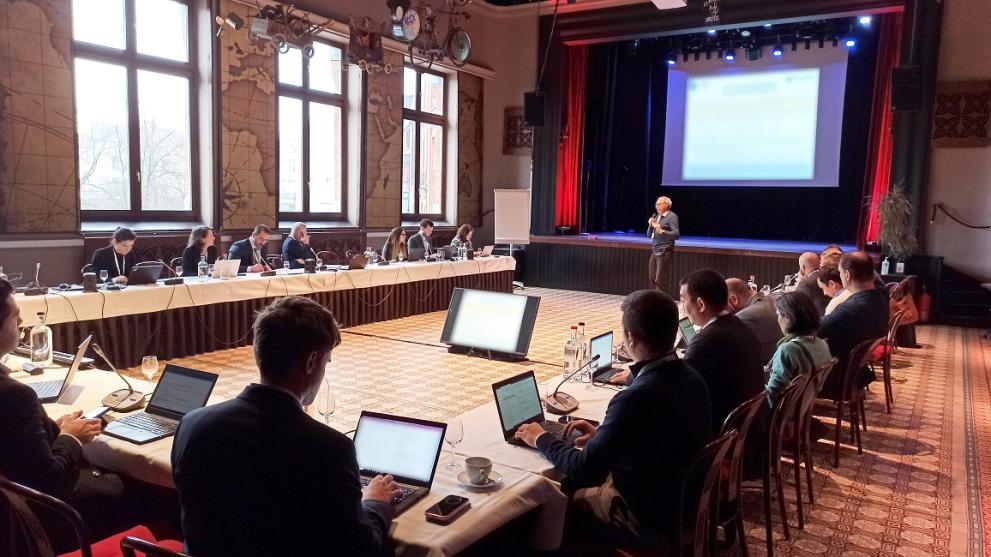
On Thursday 26 January 2023, the Innovation and Security Research Unit of DG HOME invited some 30 experts to discuss the risks of recent biotechnology developments, including the increasingly likely threat of release of a genetically modified deadly pathogen by a non-state actor.
In the past years, professional scientists have lost their exclusive license to DNA engineering, and home-grown DIY biologists have started their independent experiments based on self-education, online knowledge resources, involvement with subject community and commercially available components and tools. As the equipment becomes cheaper, DNA fragments can be purchased online from legally operating companies, and the expertise in gene-editing techniques more accessible, the potential for abuse is growing. Moreover, the fast pace of technology and price falls, indicating that genome printers will also soon be available for at-home applications to strengthen the biohackers’ workbench. These elements pose a significant threat to the security of the general public, especially if one considers the accidental release of such a modified organism, let alone an intentional one.
This CERIS Workshop brought together some 30 experts, representing COMM (HOME, HERA, ECHO, INTPA, JRC), REA, Europol, EU Counter-Terrorism Coordinator Office, EEAS, IDEAS Science Ltd., University of Lodz, UITP, Louvain University, Military University of Technology, DataSenseLabs Ltd., Robert Koch Institute, Institut Pasteur, University of Vienna, Belgian Nuclear Research Center, UNICRI, CTMA/UCLouvain, National Institute for Public Health and the Environment (RIVM), who collectively discussed the emerging security concern and its likelihood.
In his opening statement, Sebastian Serwiak, Policy Officer in the Security Research and Innovation unit at DG HOME, stated that:
we are currently observing a potential new threat, one which only 10 years ago was seen as science fiction. The reality is that from a policy perspective, we still have a limited understanding of this topic, even though the risk of the release of a modified pathogen is growing, as knowledge and technology becomes more accessible and affordable.
Speakers detailed the increasingly simple methods of gene editing, which is being enabled by a convergence of steadily improving technologies, and innovative companies operating in this field. While the creation of new pathogens is fortunately still very complex, many pieces of this puzzle are available today: strains of microorganisms, DNA sequences capable of producing toxin, or testing services towards expected outcomes can be purchased as commercial products, while others like basic culturing equipment, and basic functionable DNA lab acquired for less than 2000 Euros. These open the door for potentially impactful unsupervised experiments.
Avenues for increased oversight of the pathogen and equipment acquisition, increased communication, and partnership with the DIY communities, as well as the EU’s awareness and capacity to respond to such threats were explored. Naturally the discussion was supported by experience and lessons learned from the COVID pandemic. In the conclusions, apart from addressing the policy framework, participants noted the role of security research in this field to further examine the problem and deliver evidence-based recommendations to effectively tackle the emerging concerns of BioTerrorism.
Details
- Publication date
- 2 February 2023
- Author
- Directorate-General for Migration and Home Affairs
